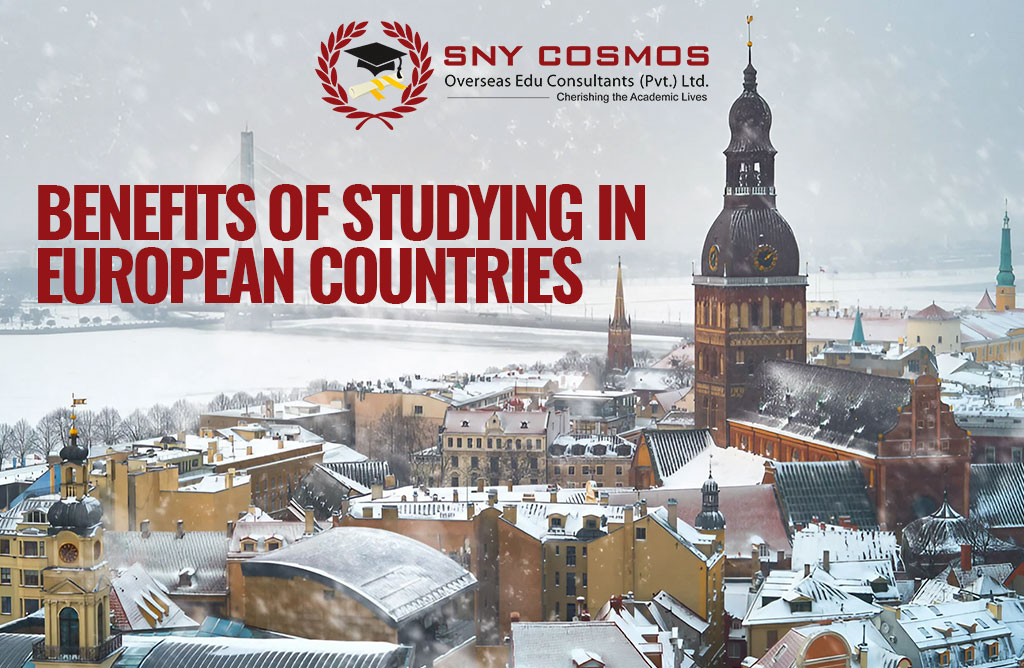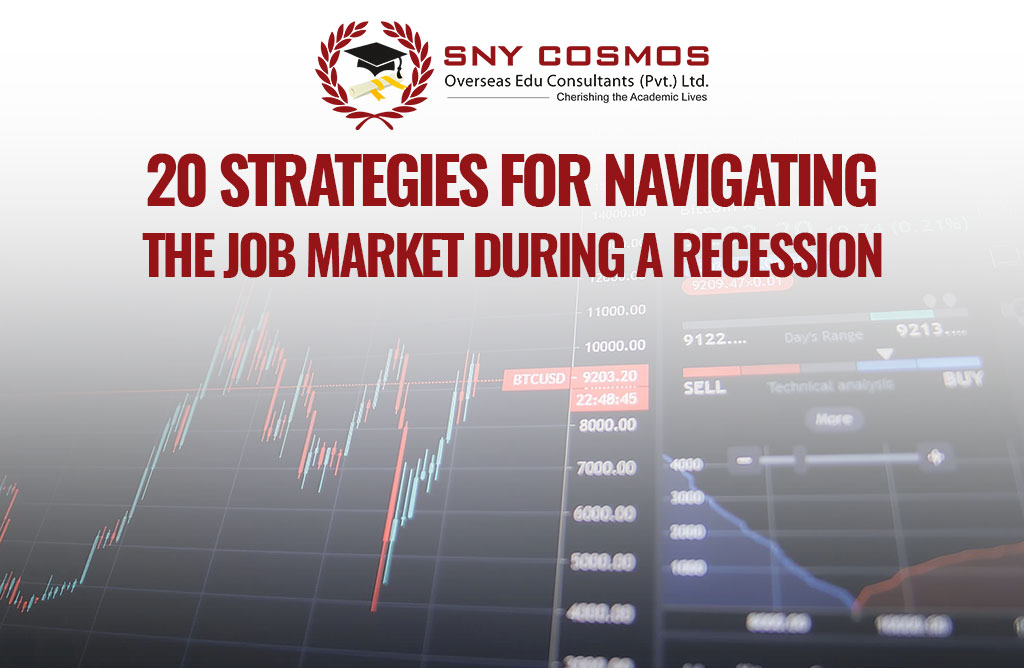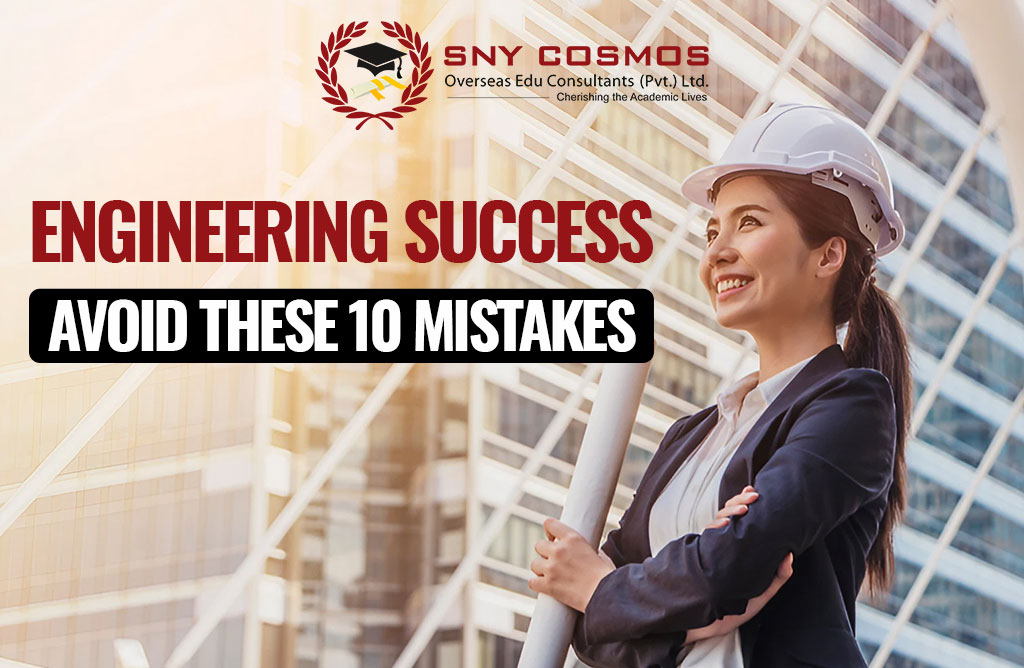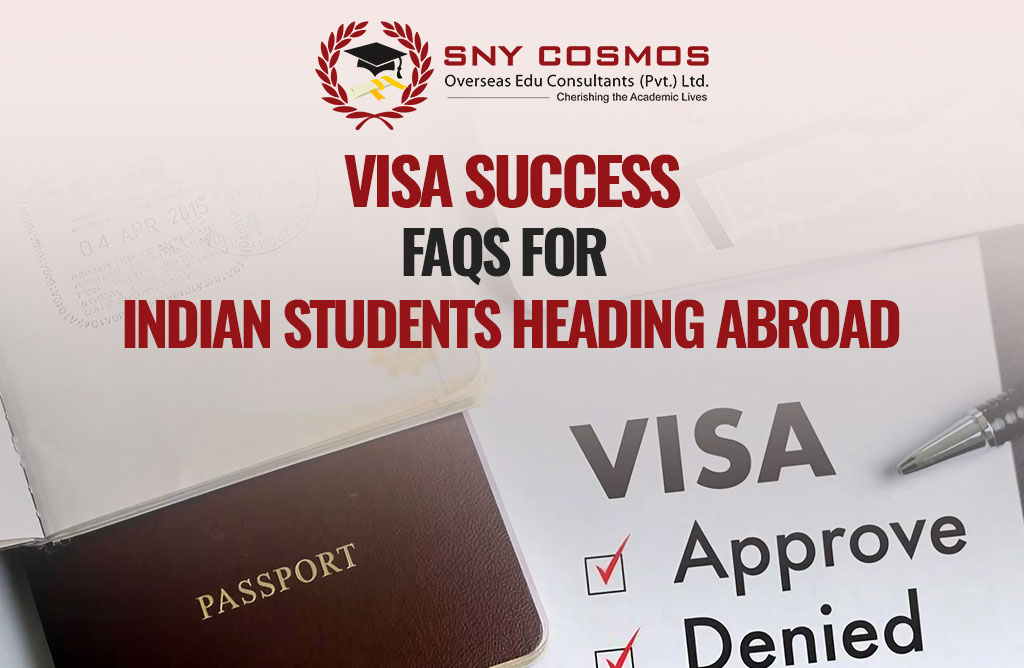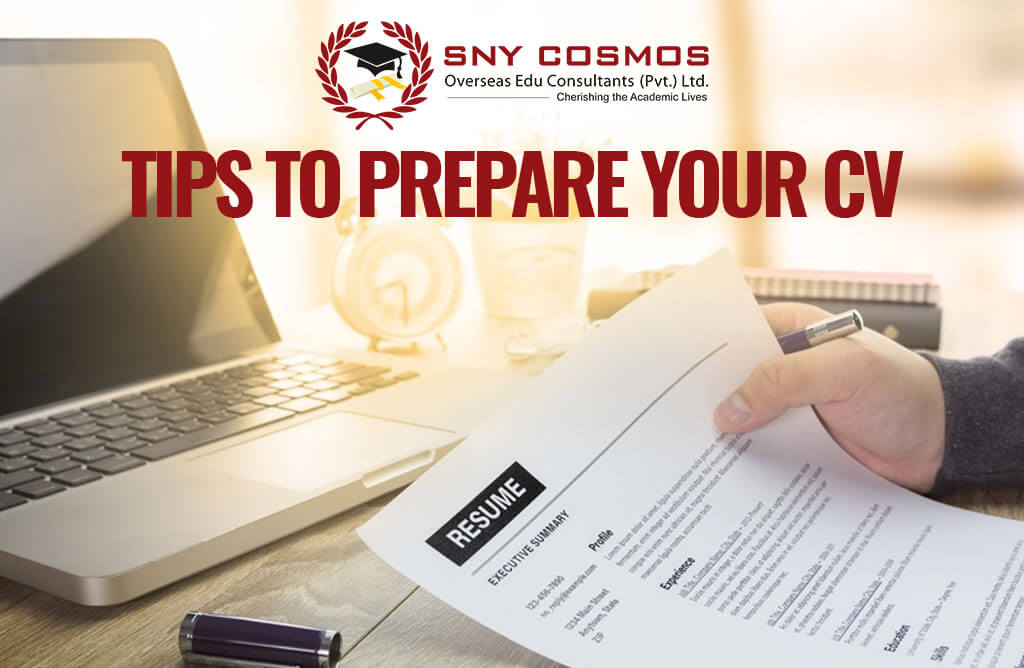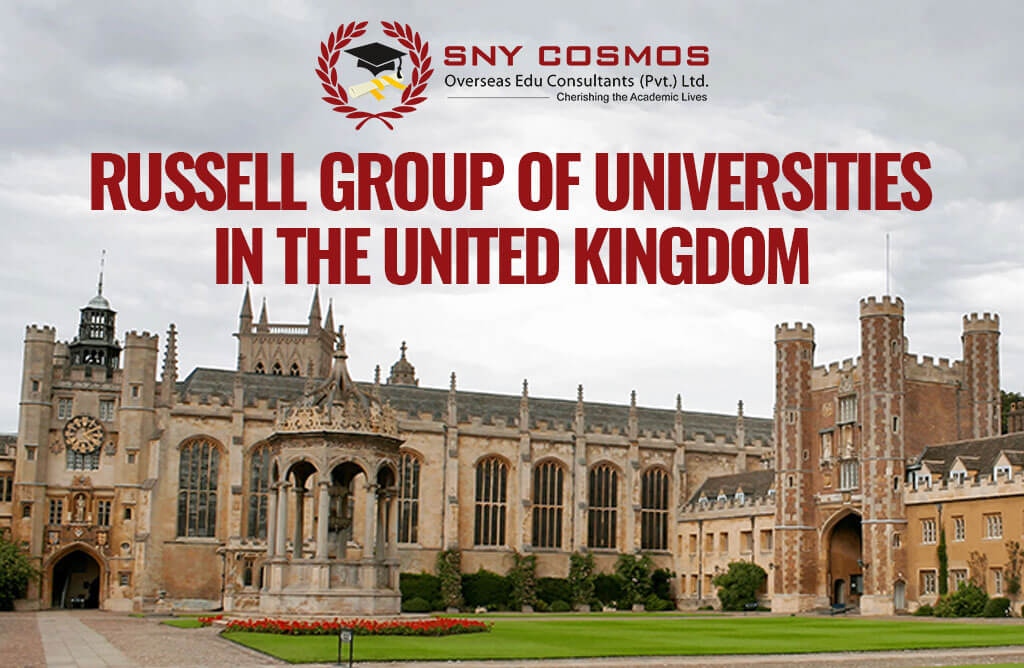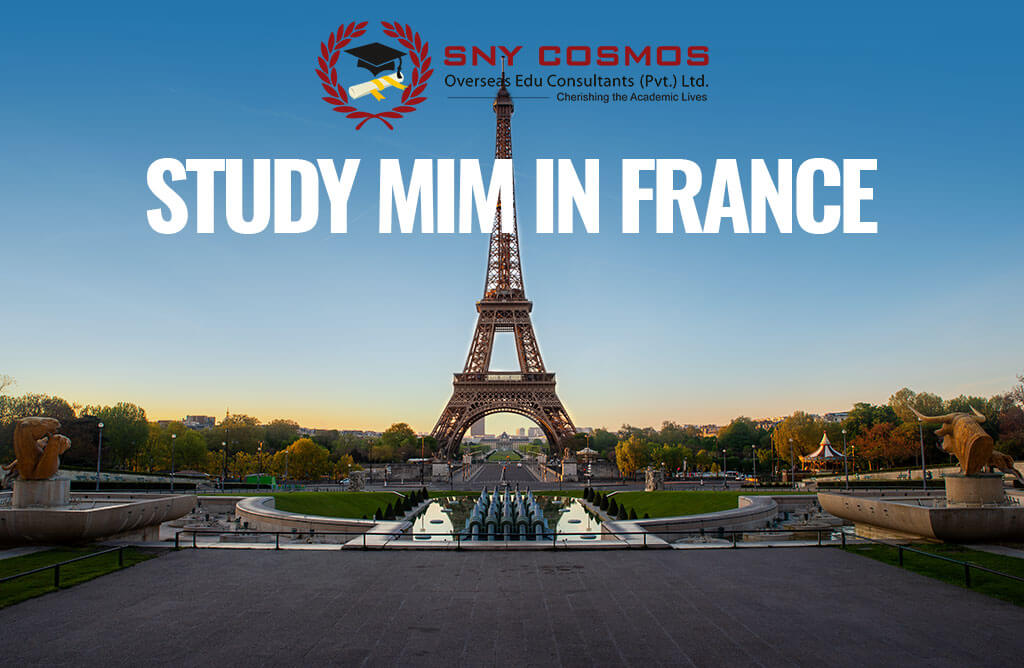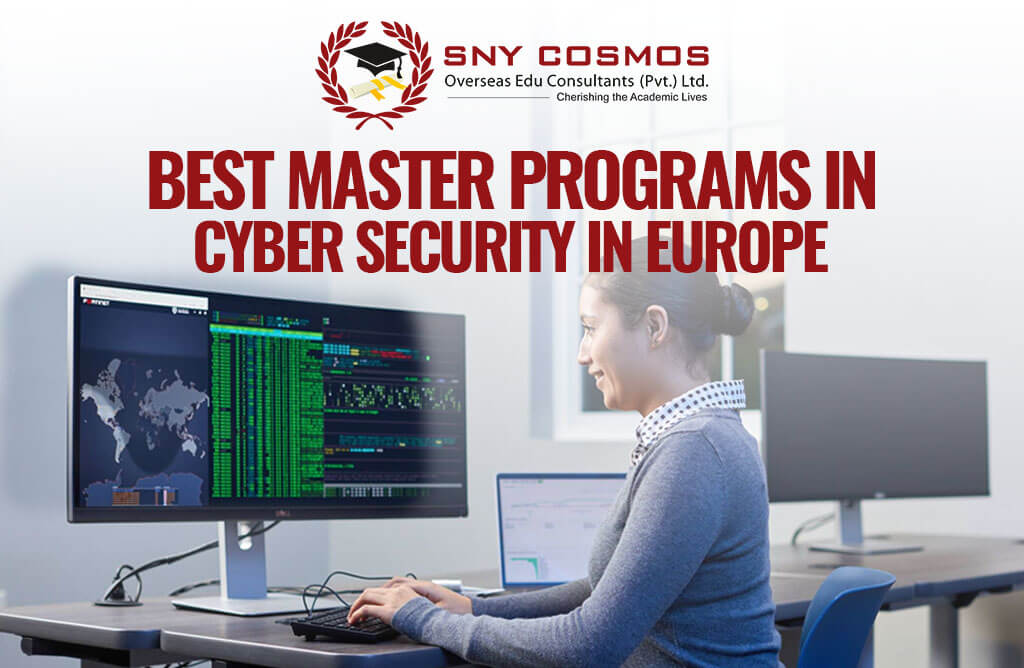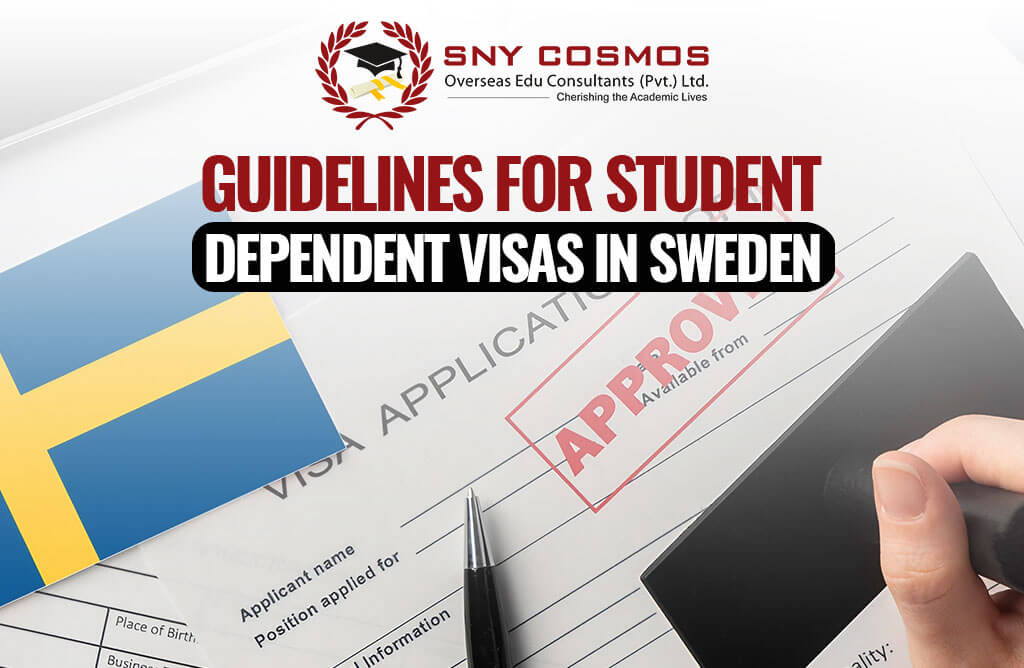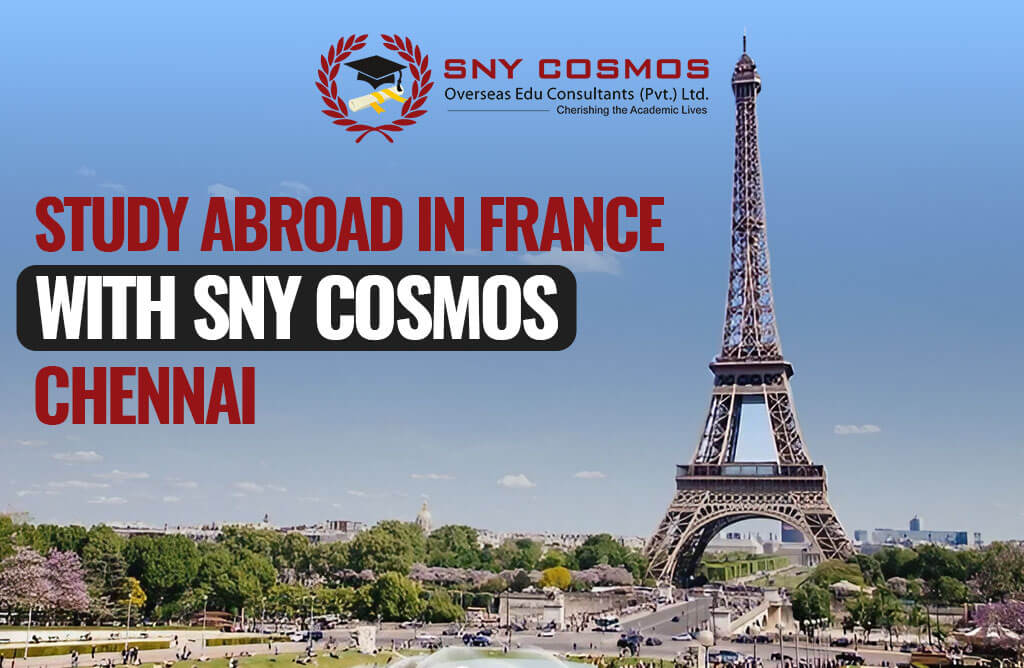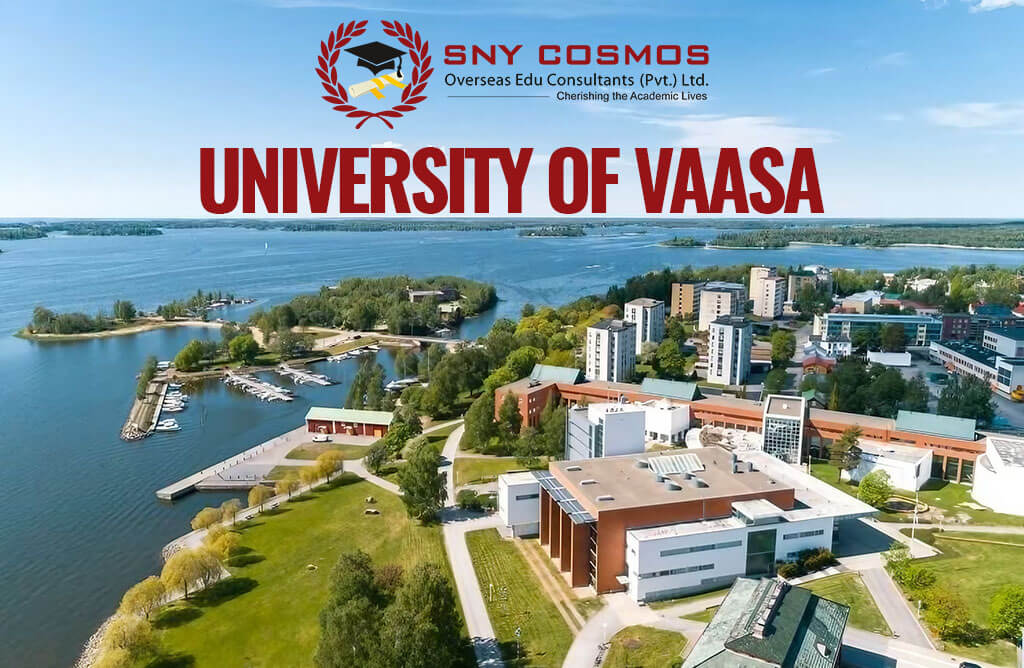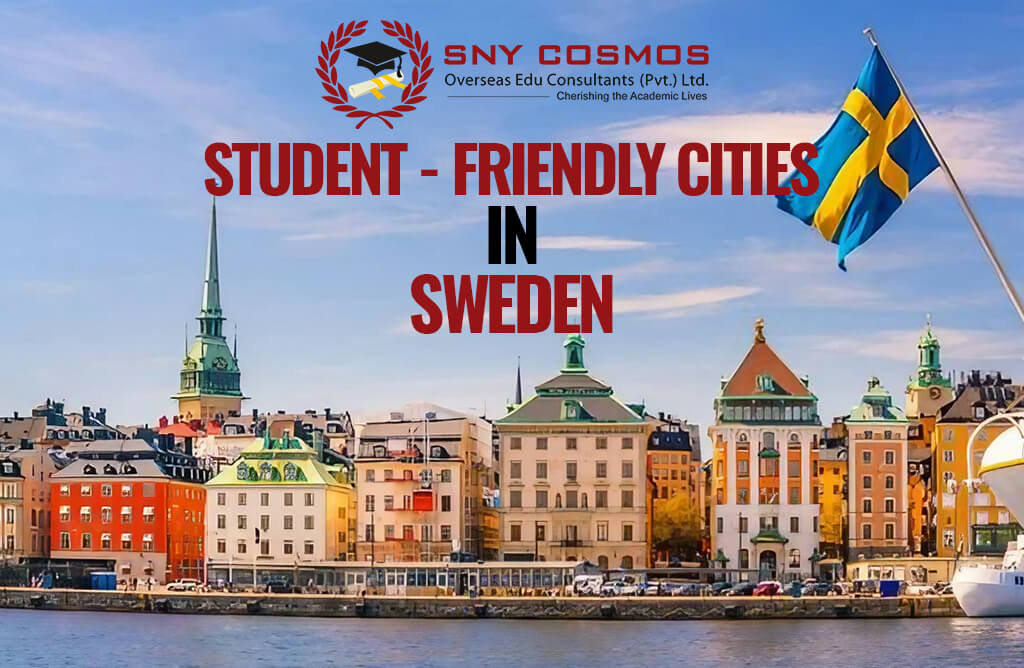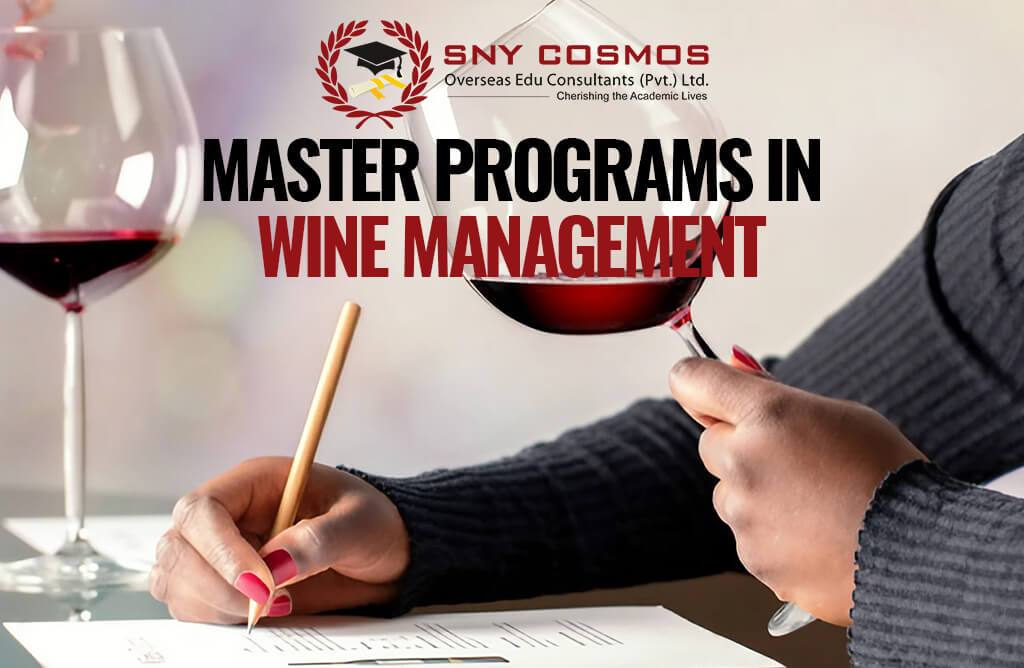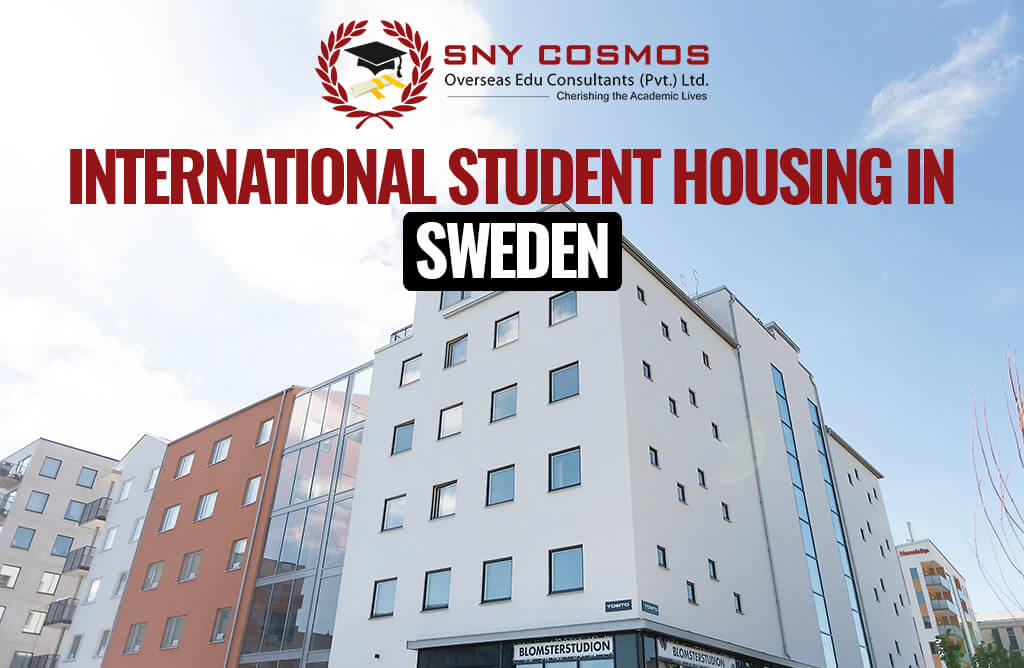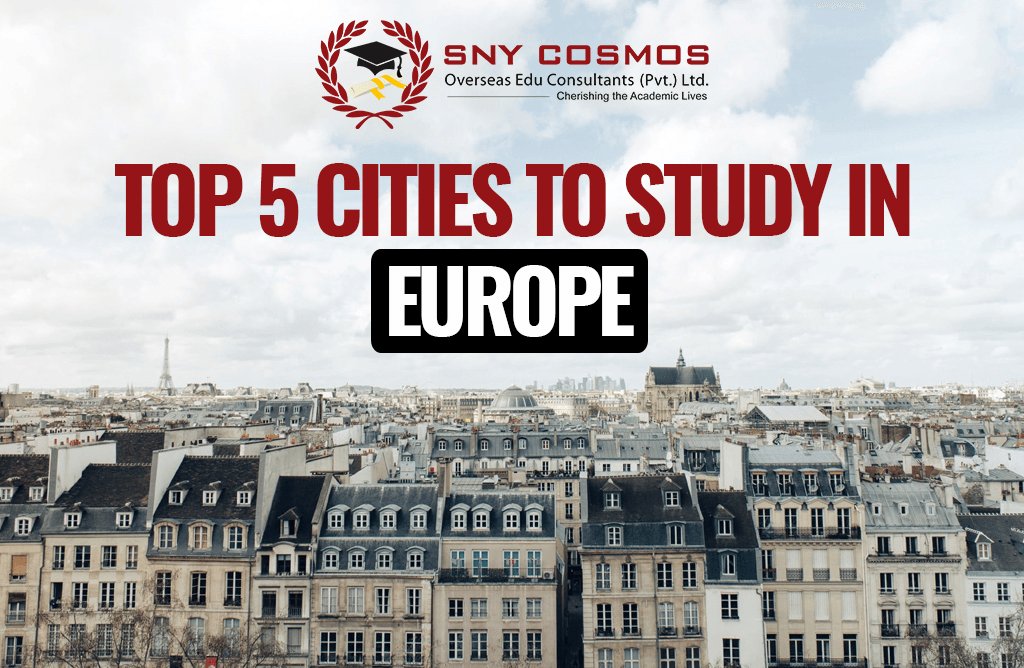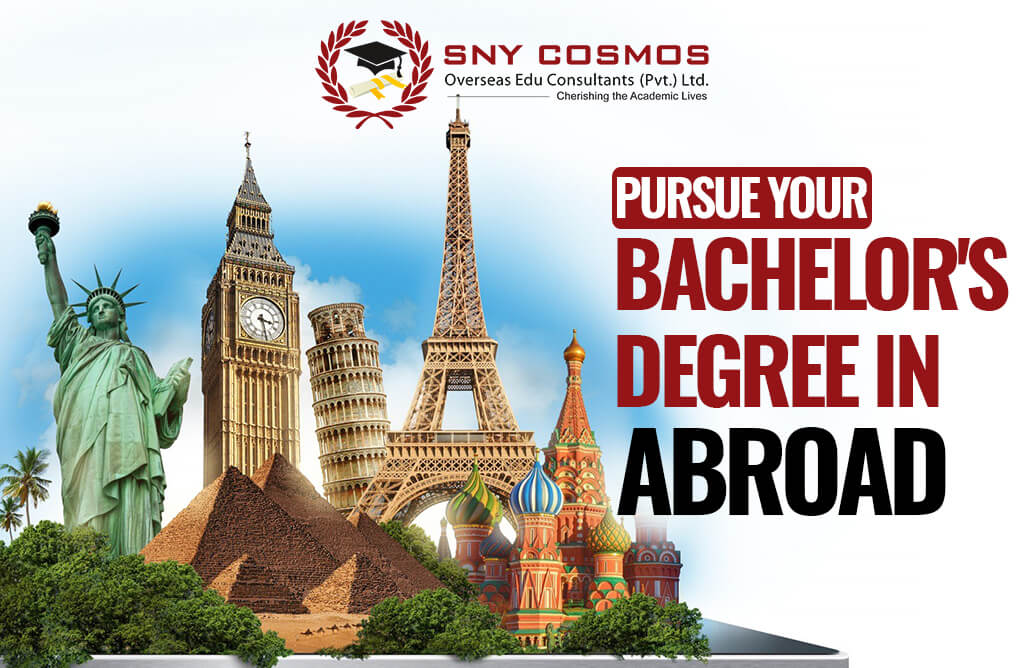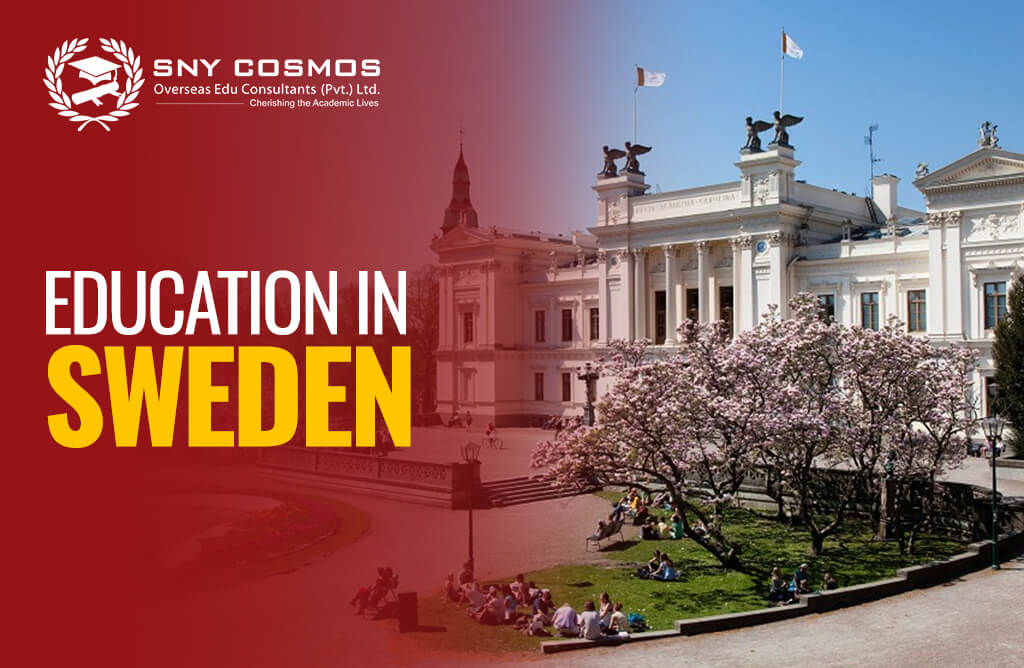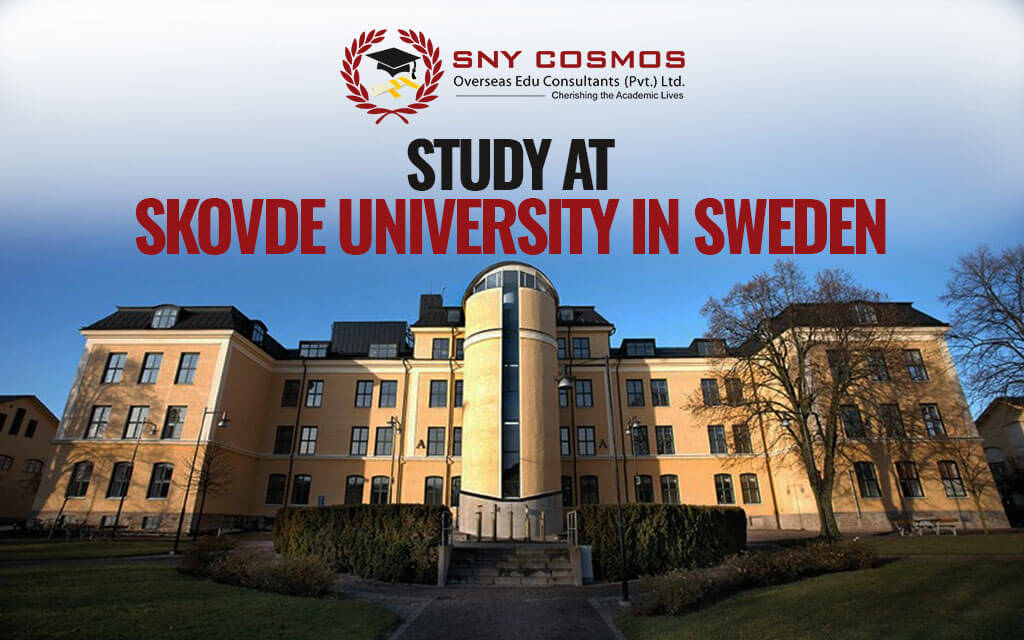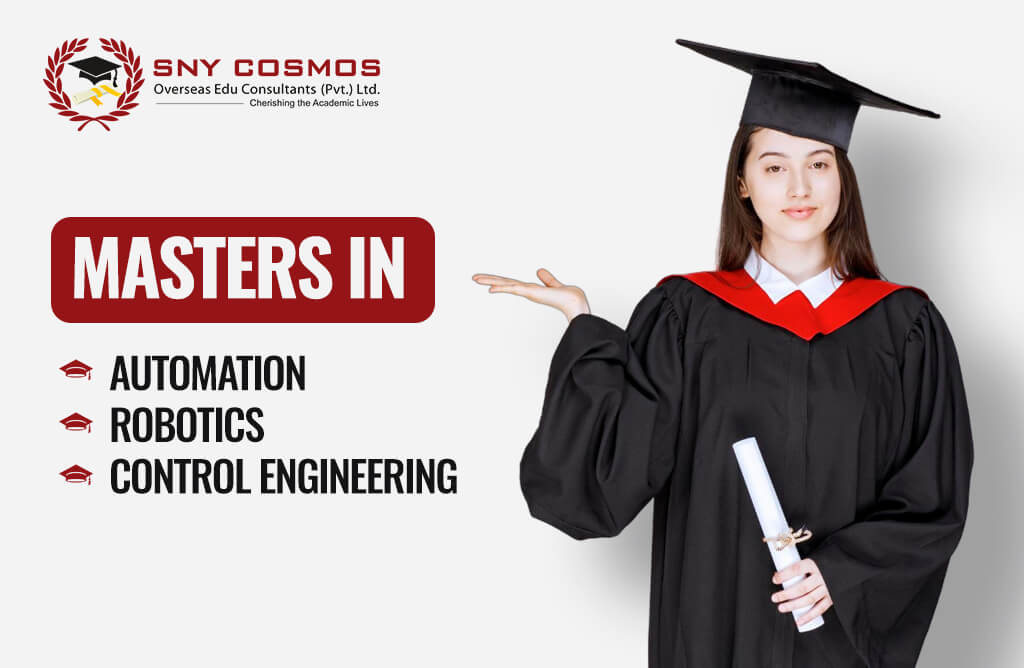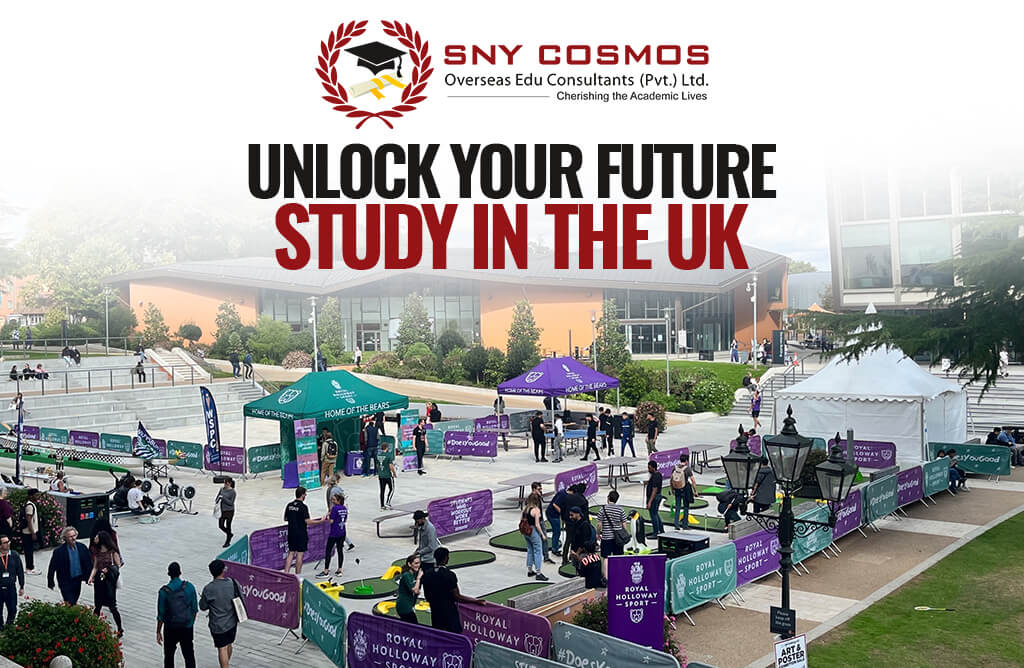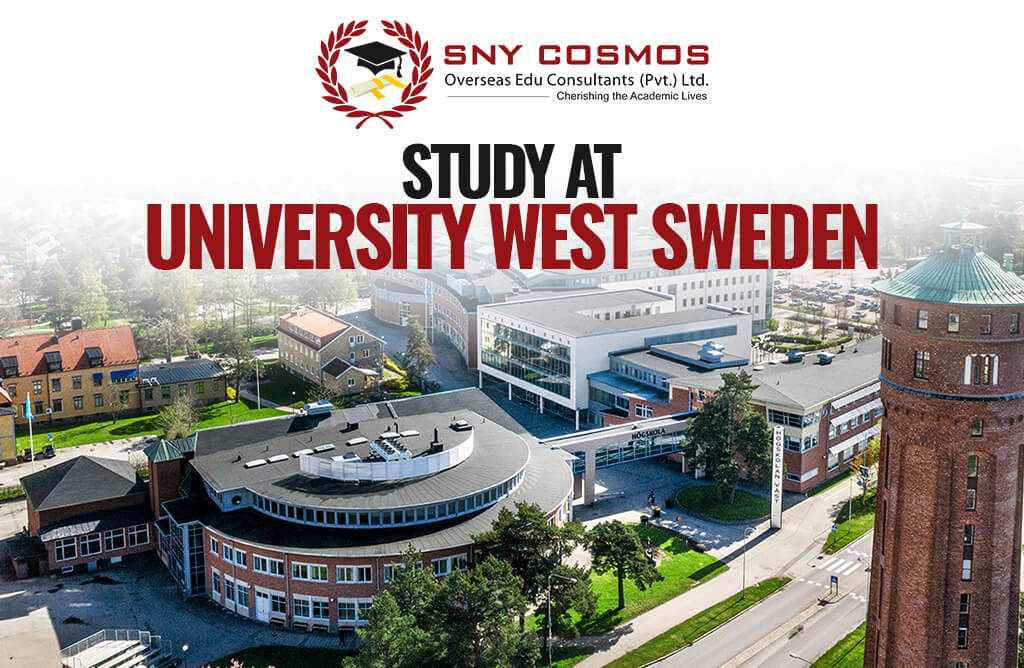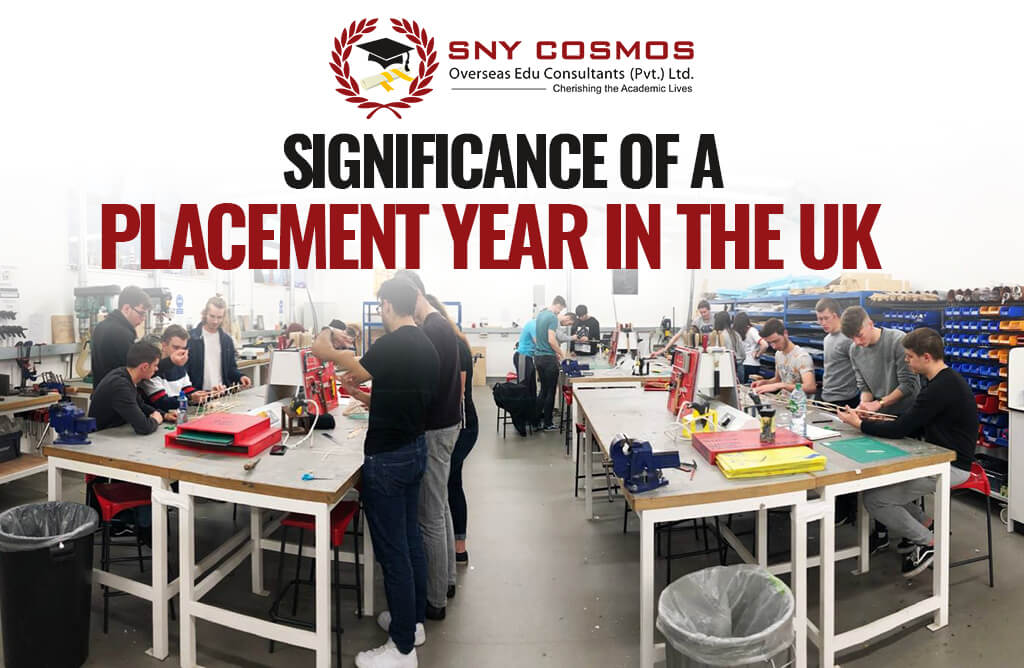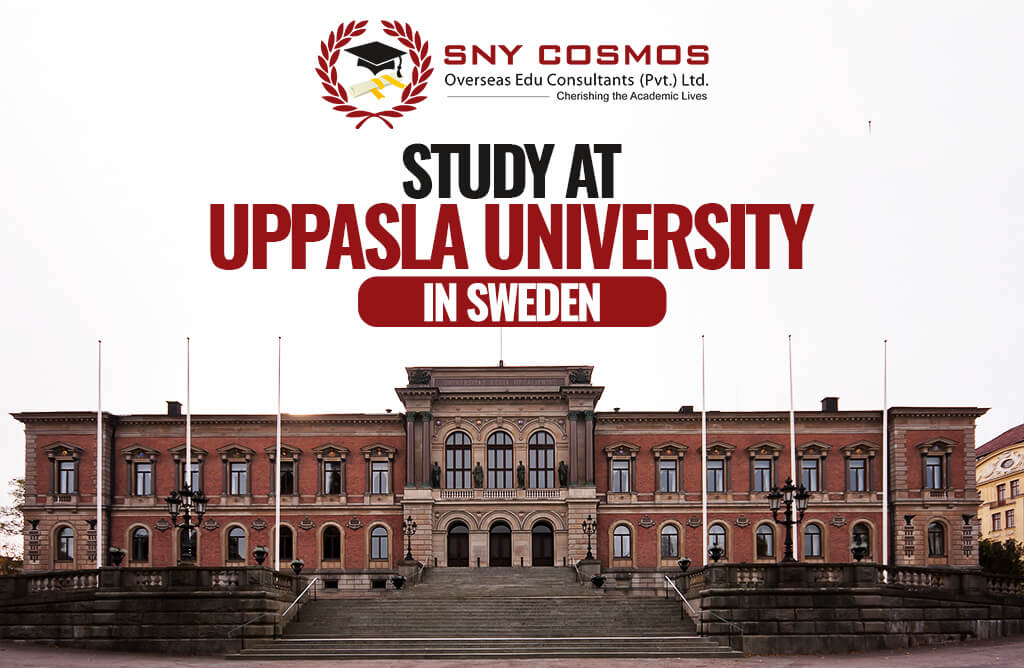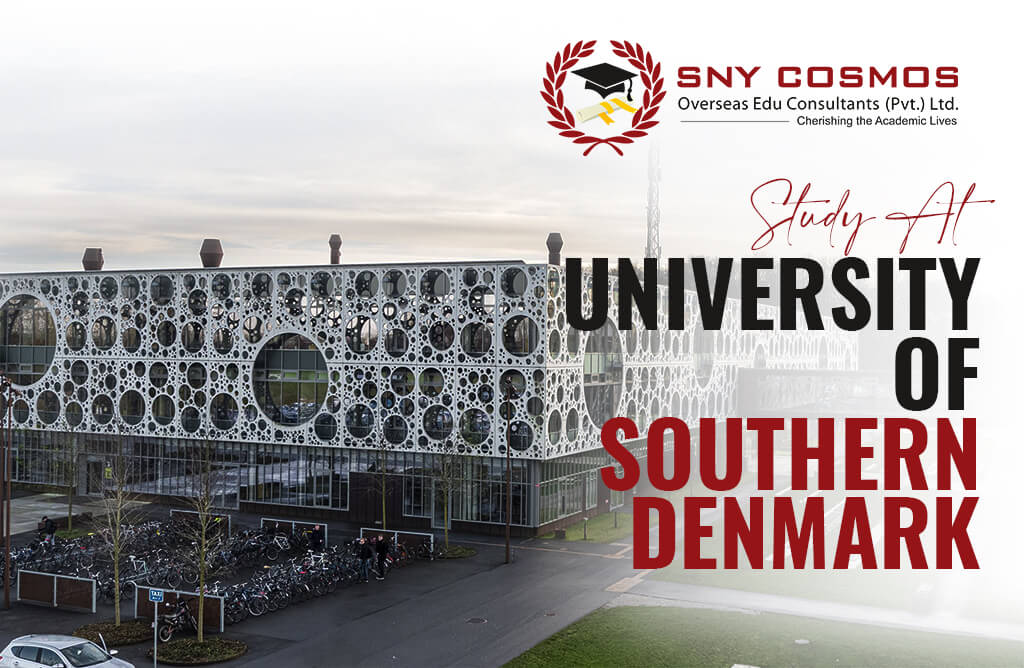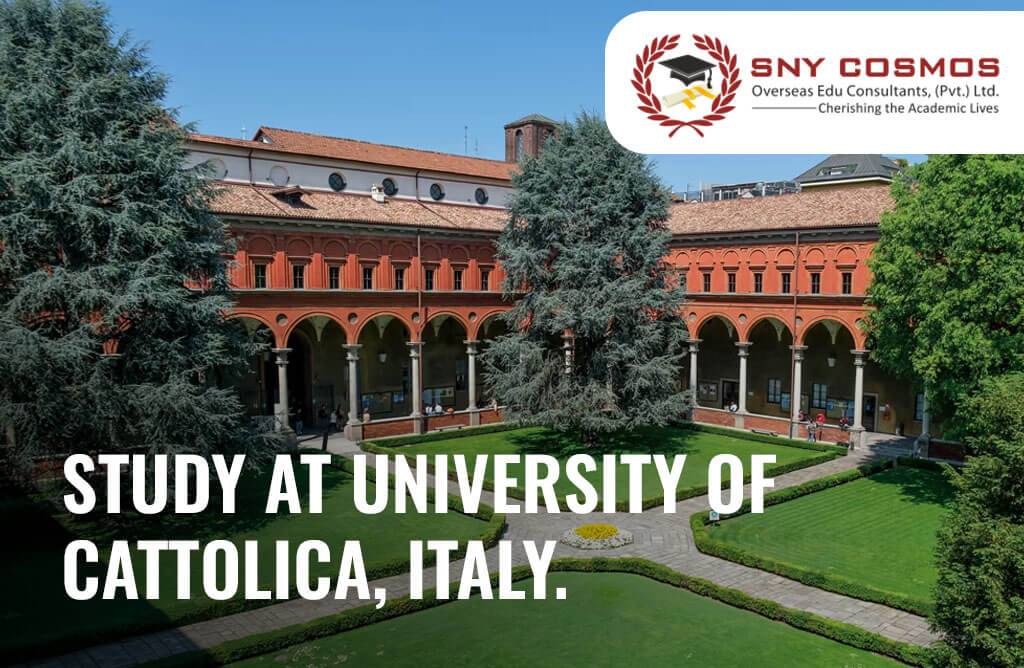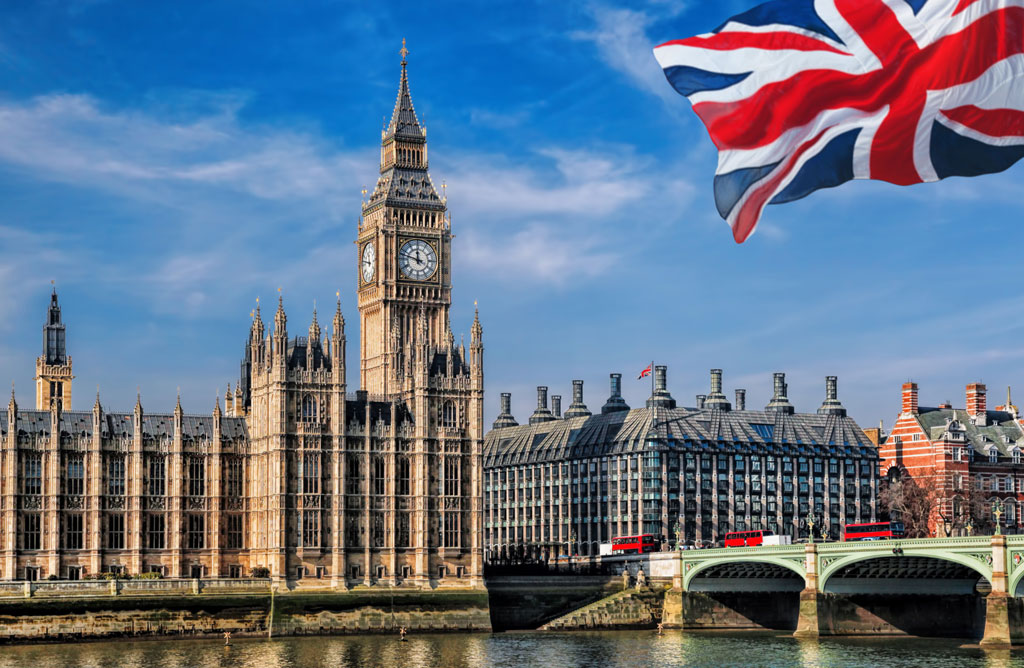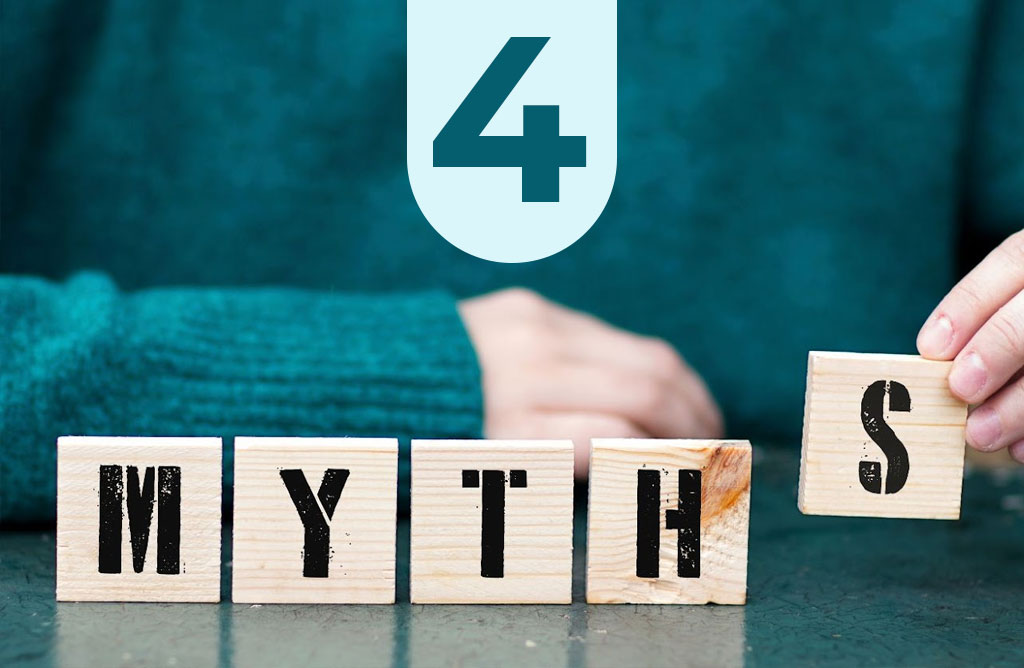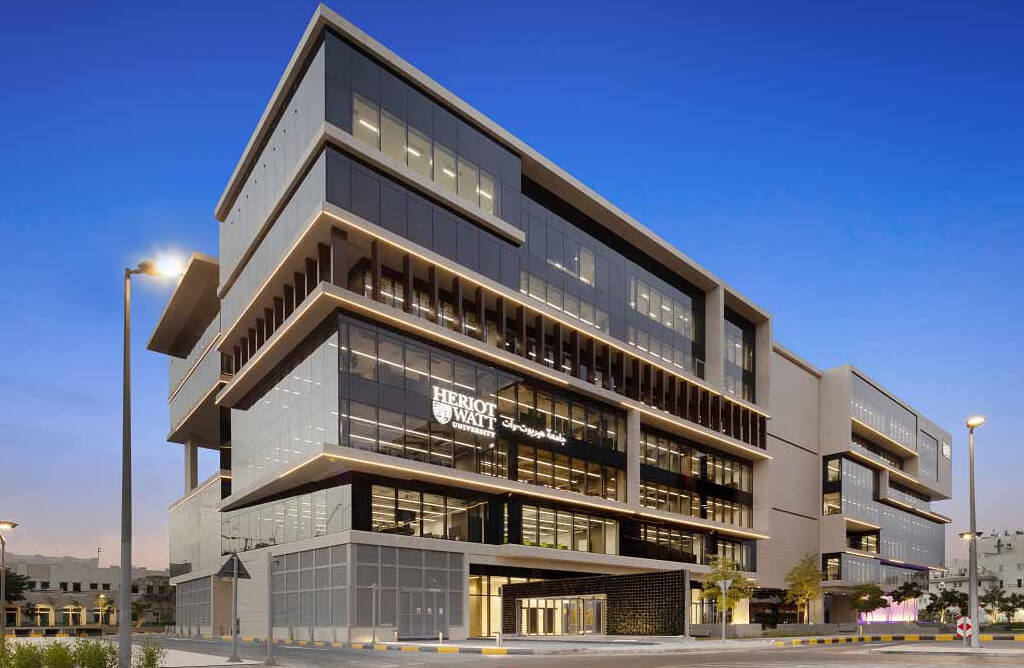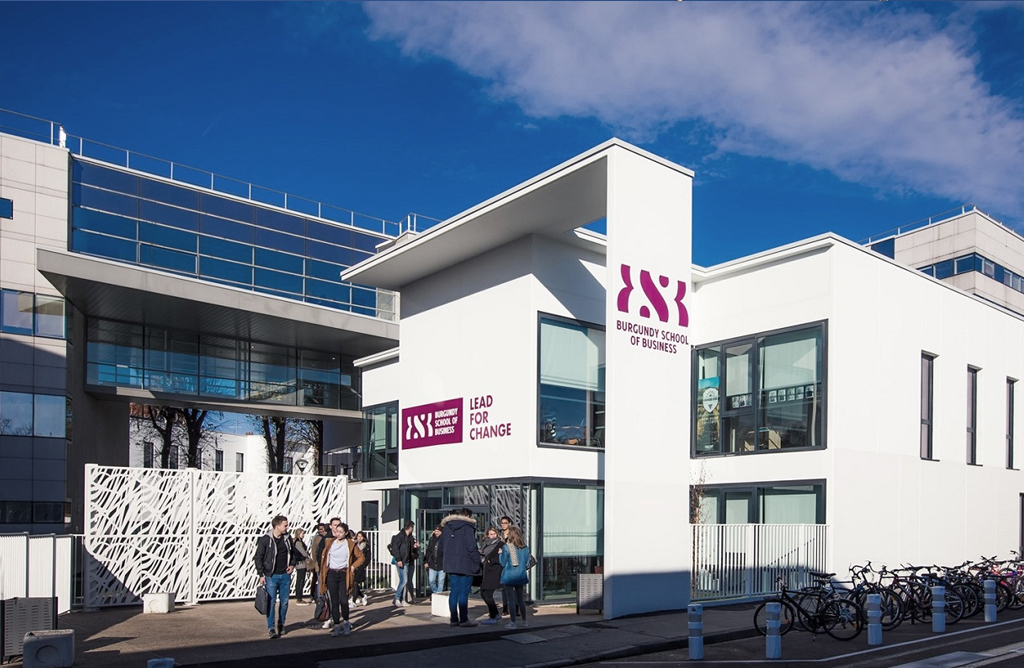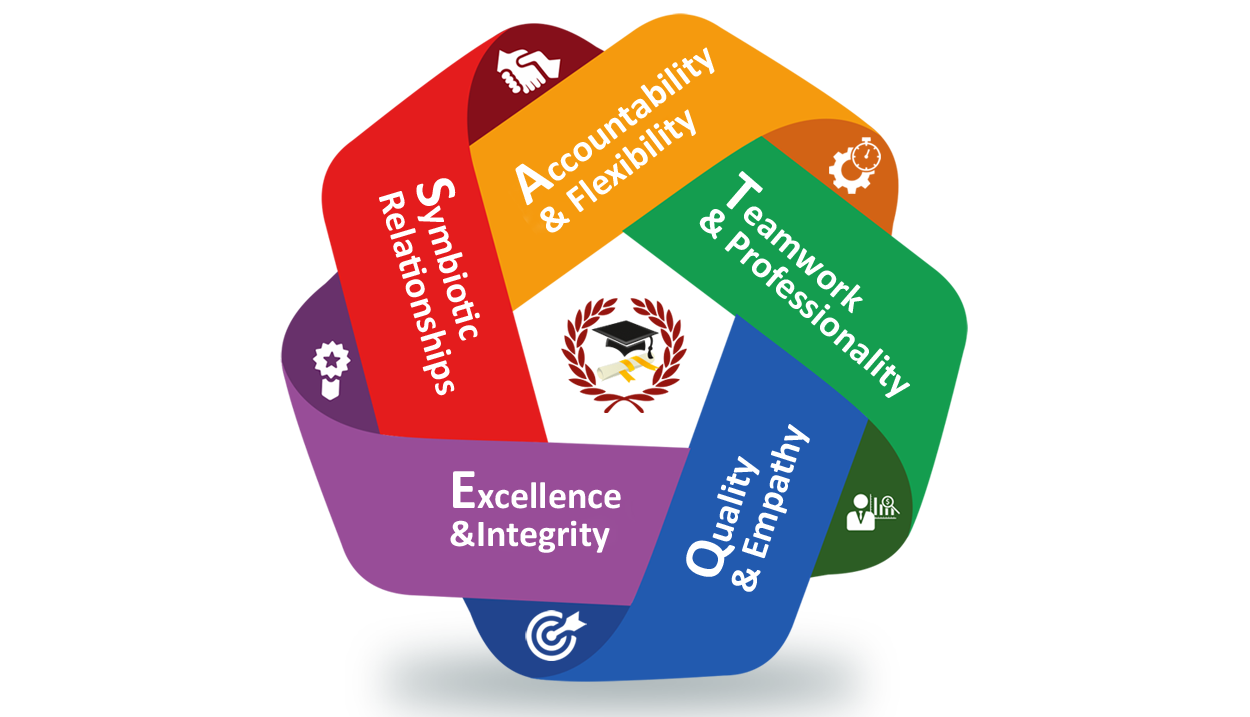MBA vs Executive MBA: Which One to Choose?

The demand for business education programs, especially Master of Business Administration (MBA) and Executive Master of Business Administration (EMBA), has skyrocketed in India's higher education system. Both programs are highly valuable and designed to fulfill a variety of professional goals. However, Indian students looking to advance their careers in the cutthroat business world frequently find themselves confused about whether to pursue an Executive MBA or a traditional MBA. In order to help Indian students make an informed choice based on their aspirations, career goals, and personal circumstances, this essay will examine the subtle differences between the two programs.
Understanding MBA and Executive MBA
Master of Business Administration (MBA)
The traditional MBA program is intended for people who are just starting out in their careers or who want to change direction and go into business management positions. It covers a broad range of business disciplines, including finance, marketing, operations, human resources, and strategy, and usually lasts two years. Numerous organizations, including the esteemed Indian Institutes of Management (IIMs), Indian School of Business (ISB), and other well-known business schools, offer MBA programs in India.
An MBA program's extensive curriculum gives students a comprehensive understanding of business functions. It frequently includes projects, networking opportunities, case studies, internships, and other activities that help students develop a solid foundation in business principles and obtain real-world experience.
Executive Master of Business Administration (EMBA)
An Executive MBA (EMBA), on the other hand, is designed for seasoned professionals with a significant amount of work experience. EMBA programs, which are typically offered in a part-time or modular format, are designed to fit the schedules of working executives. These are intensive, one- to two-year programs that are shorter than an MBA.
The main goals of EMBA programs are to improve executive decision-making, strategic thinking, and leadership abilities. They take advantage of participants' professional backgrounds to promote peer learning and conversations about actual business issues. EMBA students frequently combine their professional responsibilities with their academic studies by continuing to work.

Factors Influencing the Choice
Employment History
Candidates with little to no work experience are frequently accepted into MBA programs, which give them a platform to advance into managerial positions. EMBA programs, on the other hand, are designed for people who have a lot of work experience; typically, applicants must have at least five to ten years of experience.
Program Length and Adaptability
While EMBA programs are typically offered in a part-time or modular format to accommodate the schedules of working professionals, MBA programs typically last two years of full-time study. An EMBA's flexibility enables people to manage their academic goals and work obligations.
Curriculum Highlights
The MBA program offers a foundational understanding across multiple domains by encompassing a wider range of business disciplines. On the other hand, EMBA programs capitalize on the participants' prior experience by emphasizing advanced leadership abilities, strategic thinking, and executive decision-making.
Opportunities for Networking
Programs for MBAs and EMBAs provide lots of chances for networking. Nonetheless, MBA programs frequently target a younger audience, encouraging relationships between classmates who are in comparable professional stages. In contrast, EMBA programs facilitate executive networking by bringing together seasoned professionals from various industries.
ROI, or Return on Investment
Program fees for MBAs and EMBAs can differ greatly. MBA programs often call for a full-time schedule and may result in lost income from the time away from the job. Even though they are frequently more expensive, EMBA programs minimize opportunity cost and may even result in a faster return on investment by enabling professionals to continue working.

Suitability for Indian Students
Stage of Career and Goals
An MBA in the traditional sense might be more appropriate for Indian students who want to change careers or enter the corporate world. It offers a thorough business education and makes entry-level and mid-management positions more accessible.
On the other hand, an EMBA could be advantageous for Indian professionals who want to progress in their careers and pursue executive or top management roles. Their career growth trajectory can be accelerated by using it to network with seasoned professionals, hone their leadership abilities, and make the most of their work experience.
Balance Between Work and Life
The flexibility of an EMBA may be preferred by many Indian students, given the demands of their personal and professional lives. It helps them to balance their professional and academic obligations by pursuing higher education without interfering with their careers.
However, a traditional MBA might be the better option for people who are prepared to devote their entire life to learning and receive a thorough education.
Peer Learning and Networking
MBA programs draw a varied student body that promotes learning from others in similar stages of their careers. For Indian students, this diversity can provide new insights and expanded networks.
On the other hand, EMBA programs bring together seasoned professionals, providing Indian executives with a valuable chance to network and form relationships with seasoned industry leaders, which may lead to high-level opportunities and partnerships.

Return on Investment
Indian students frequently weigh the cost of an MBA program against an EMBA program when making their decision. Despite the possibility of a higher upfront cost, an EMBA may pay for itself more quickly because it allows you to continue working while you study, unlike a traditional MBA where taking a break from work may result in lost income.
The choice of whether to pursue an MBA or an Executive MBA is very personal and should be based on the candidate's lifestyle preferences, work experience, and career goals. Both programs are tailored to different career stages and provide unique benefits for Indian students.
The traditional MBA program offers a thorough foundation across a range of business disciplines, making it ideal for individuals looking to transition into business roles or for early-career professionals. Conversely, the Executive MBA program serves seasoned executives who wish to advance into top-tier management roles without taking a break from their careers and improve their leadership abilities and experience.
Indian students must ultimately analyze their academic record, career goals, work experience, program offerings, financial implications, and select a program that fits with their needs with their professional ambitions and personal circumstances.
Indian students can start a life-changing educational journey that advances their careers in the fast-paced, cutthroat business world by carefully weighing the benefits of an EMBA versus an MBA.
Making the decision to pursue an Executive MBA or an MBA is a crucial first step in determining one's career path. An dependable ally for Indian students looking for direction and assistance during this decision-making process is SNY Cosmos Overseas. The application process can be made much simpler by their dedication to providing individualized assistance and their experience in facilitating applications for MBA and EMBA programs.
SNY Cosmos Overseas can offer the specialized support required, regardless of your goals—whether you want to start your MBA journey as an early-career professional or advance your leadership abilities with an Executive MBA while keeping up the momentum in your career. Their committed staff guarantees a smooth and knowledgeable application process, from assisting you in selecting the ideal program to navigating admission requirements.
Indian students can access insightful information and the assistance of a partner committed to helping them achieve their goals in the fast-paced world of business education by contacting SNY Cosmos Overseas. Reach out to SNY Cosmos Overseas to take the next step in your career and educational journey—an investment in your success going forward.




